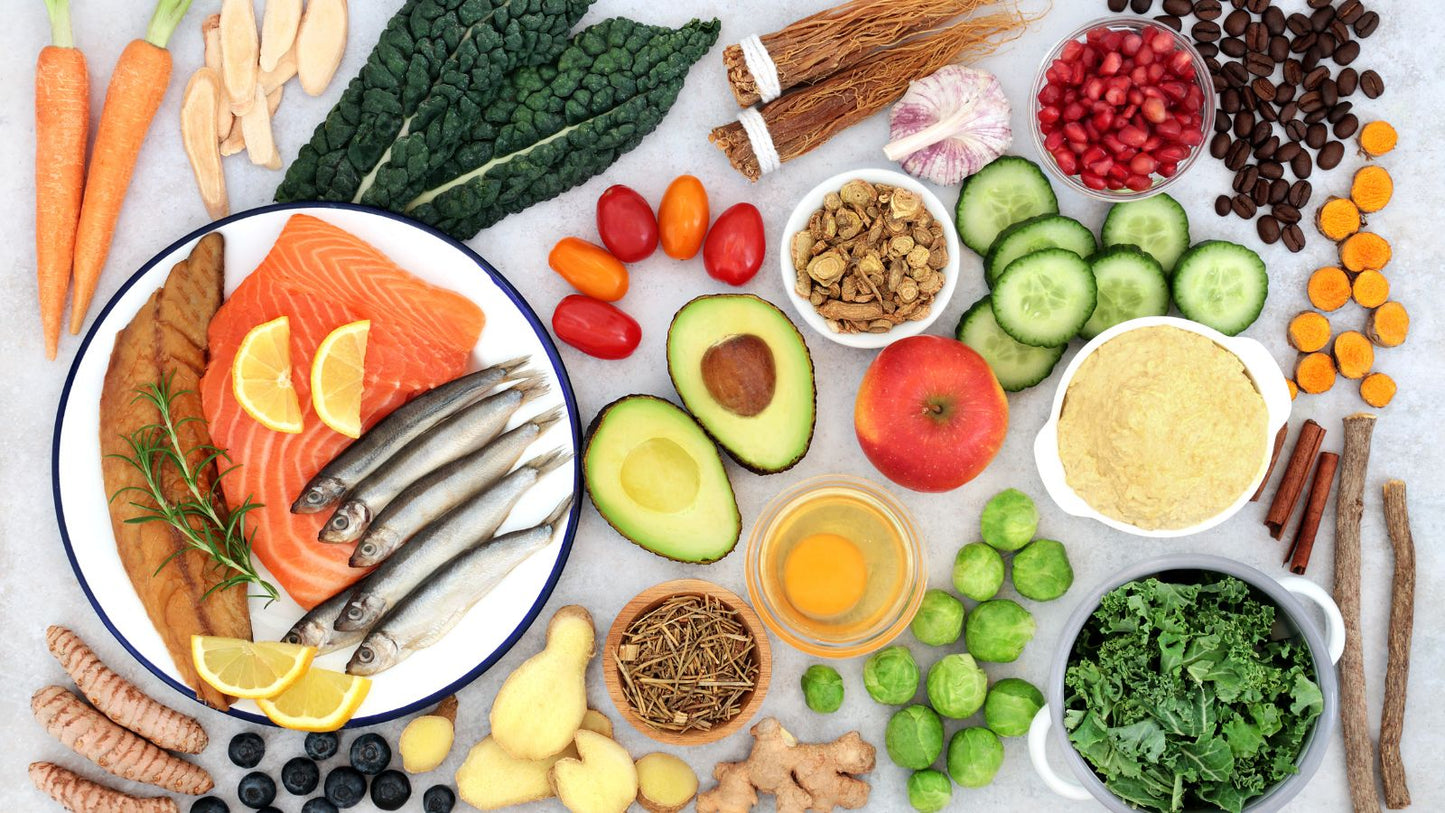
Eczema is a common inflammatory skin condition that often manifests as dry, itchy and red patches on the skin. While eczema is primarily recognised as a skin issue, it’s increasingly understood that there’s more going on beneath the surface. Often, people with eczema experience gut and digestive issues, pointing to a deeper connection between skin health and gut health.
Eczema is highly responsive to our emotional and physical state. Stress and fatigue are known triggers that can cause flare-ups or worsen existing symptoms. When we’re stressed or run-down, our body’s immune response shifts, often leading to increased inflammation, which can manifest as worsening eczema symptoms.
The integrity of the gut lining, often referred to as gut permeability, plays a crucial role in managing eczema. A healthy gut barrier prevents unwanted substances from entering the bloodstream and triggering immune responses that could exacerbate skin conditions like eczema. Ensuring that the gut is functioning optimally requires a diet that supports gut health. Sometimes identifying food triggers could be part of the picture. Common culprits tend to be dairy, eggs and nuts.
Dietary strategies for eczema
- Incorporate anti-inflammatory foods: A diet rich in oily fish (like salmon, mackerel and sardines), which are high in omega-3 fatty acids and making sure that vitamin D levels in the body are adequate can help reduce inflammation.
- Support gut health with probiotics: Probiotic-rich foods like sauerkraut, kimchi and kefir or a high-quality probiotic supplement, can help maintain a healthy gut flora, essential for a strong gut lining.
- Avoid ultra-processed foods and refined sugars: These can contribute to inflammation and destabilise gut health, worsening eczema symptoms. Prioritise whole foods and minimise ultra-processed foods as much as possible.
- Consider lowering high-histamine foods: High-histamine foods like tomatoes, avocado, yoghurt, walnuts, aged cheese and fermented products can be problematic for some people with eczema. Reducing these foods might help lessen flare-ups. Histamine is a natural compound involved in the immune response. It’s released by immune cells in response to allergens and causes inflammation. However, when histamine levels become too high, it can contribute to a range of issues. For those with eczema, being mindful of histamine-rich foods and supporting the body’s ability to process histamine can be a valuable part of managing their condition.
Eczema is a multifaceted condition that requires a holistic approach. By focusing on gut health, managing stress and making strategic dietary choices, it’s possible to reduce flare-ups and improve overall skin health. Balancing these factors may take time, but the benefits can lead to long-term relief.








